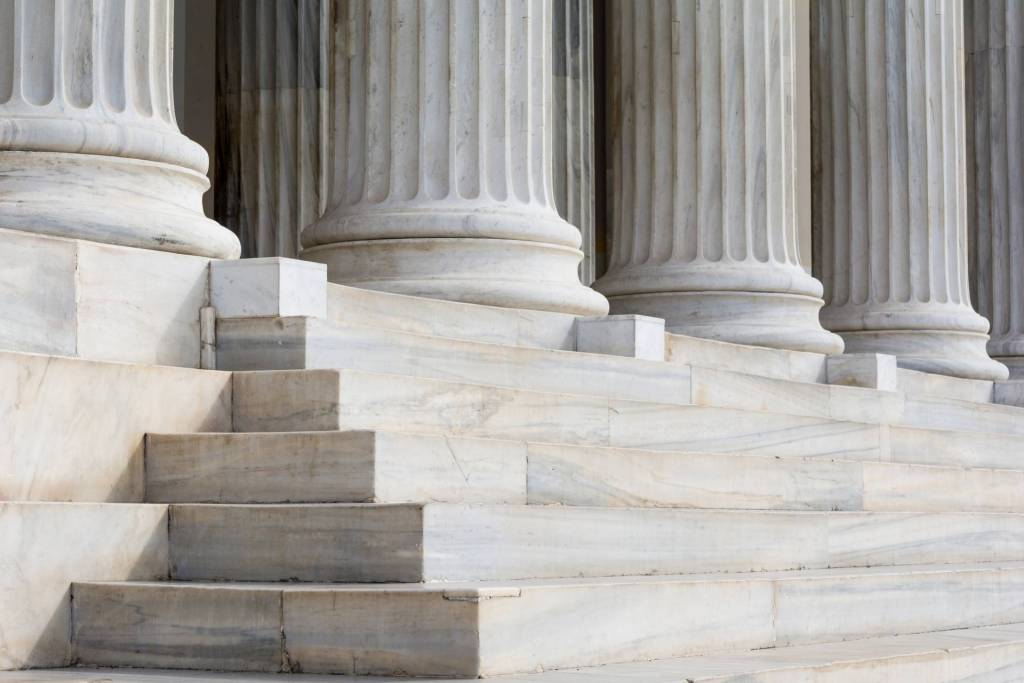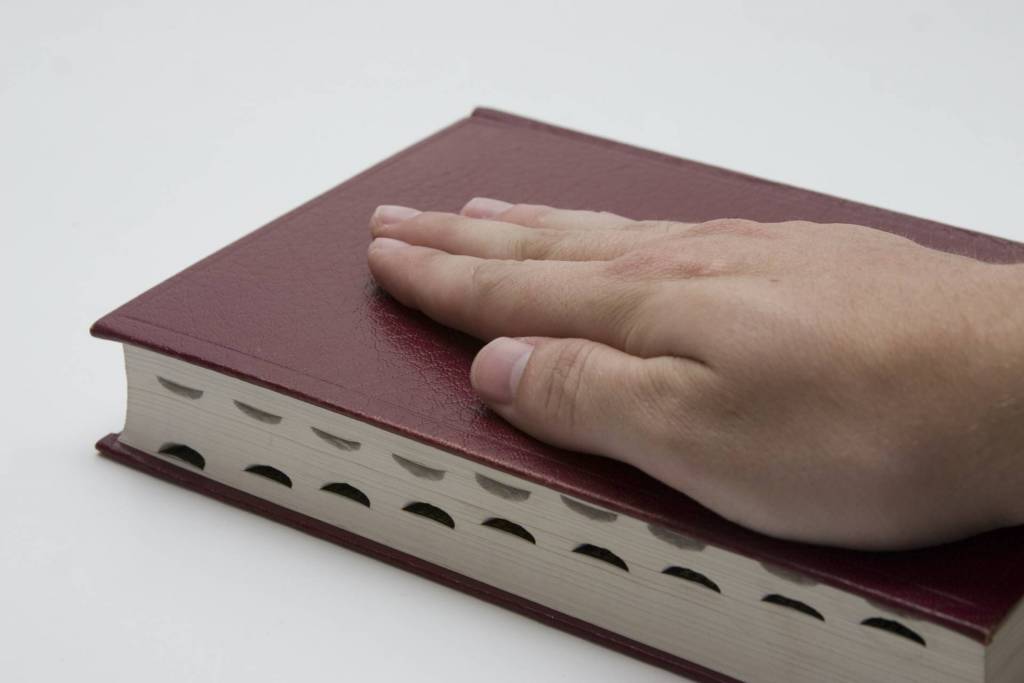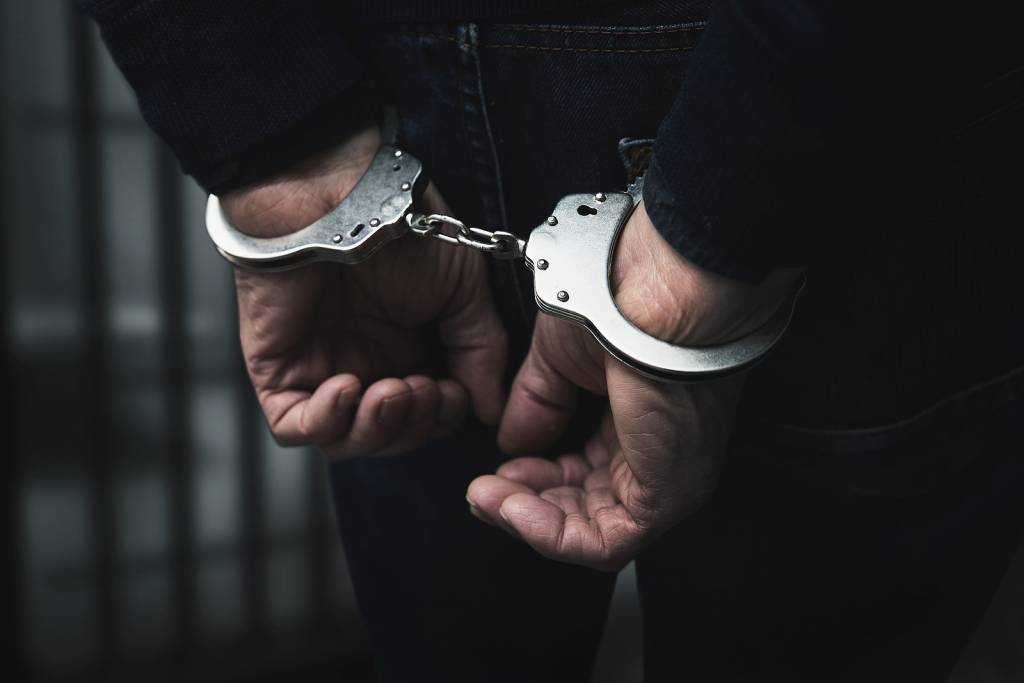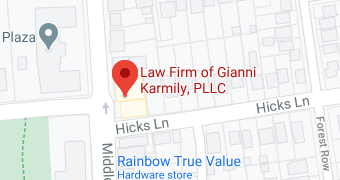Fourth-degree criminal mischief is a serious offense under New York Penal Law § 145.00. This includes actions such as destroying another person’s property or removing telephonic equipment to prevent someone from seeking emergency assistance. Whether it involves damage to an abandoned building, using graffiti instruments to destroy the property of another person, or hindering emergency services, these acts can lead to fourth degree criminal mischief charges classified as a Class A misdemeanor in New York State.
If you are accused of a fourth-degree criminal mischief crime, it is vital to understand your rights under New York Penal Law and how a Nassau County, Long Island criminal mischief lawyer at the Law Firm of Gianni Karmily can help protect your future.
Reach out to the Great Neck location at (516) 630-3405 or the Hempstead location at (516) 614-4228 or fill out the online form.
What is Fourth-Degree Criminal Mischief in New York?
Under NY Penal Law § 145.00, a person is guilty of criminal mischief in the fourth under four circumstances. Similar to mischief in the third degree, the prosecution must prove that the person has no reasonable ground to believe they have such right in order to be convicted.
In order to be found guilty of fourth-degree criminal mischief under New York Penal Law, a person:
- Intentionally damages property of another person without cause;
- Intentionally participates in the destruction of an abandoned building without cause;
- Recklessly damages property of another person in an amount exceeding two hundred fifty dollars (250 dollars) without cause; or
- Intentionally tries to prevent another person’s request for emergency assistance without cause. This includes hindering someone who is attempting to seek or is engaged in the process of seeking emergency assistance from police, law enforcement, fire, or emergency medical personnel or attempting to prevent a person from seeking help in order to protect themselves from an imminent physical injury. This can include when someone intentionally disables or removes a phone or other similar communication-sending equipment in order to hinder the person seeking assistance.
Intentionally Damages Property of Another
Under New York Penal Law § 145.00 criminal mischief in the fourth degree, a person is guilty of criminal mischief in the fourth degree when he or she intentionally damages property of another person without permission or such right to do so. This includes acts like vandalizing or defacing else’s property, such as breaking windows or damaging personal belongings.
If the individual lacks ownership in the person’s property and has no reasonable ground to believe they had such right to damage it, their actions are considered a criminal mischief crime. When someone with intent damages the property of another person, this can lead to a Class A misdemeanor offense under New York Penal Law.
Intentionally Participates in the Destruction of an Abandoned Building
Under New York Penal Law § 145.00 criminal mischief in the fourth degree, a person is guilty of criminal mischief if they intentionally participate in the destruction of an abandoned building.
This includes acts such as vandalism or damages within the structure, even if the building appears to be unused. Such actions may involve harm to someone else’s property or violations of real property actions. These offenses are taken seriously, as they involve deliberate damage to another person’s property, even in abandoned settings.
Recklessly Damages Property of Another
Under New York Penal Law § 145.00 criminal mischief in the fourth degree, a person is guilty of the offense if they recklessly damage the property of another person in an amount exceeding two hundred fifty dollars (250 dollars) without having such right to do so.
This occurs when someone acts carelessly, resulting in harm to someone else’s property, such as breaking or defacing it.
If the individual lacks an ownership interest in someone else’s property and has no reasonable ground to believe they had such right to recklessly damage the property, they can face charges for criminal mischief in the fourth degree. Reckless actions that harm another person’s property are considered serious under New York Penal Law, even if the damage was unintentional.
Interference with Emergency Assistance or Emergency Medical Services Personnel
Under New York Penal Law § 145.00 criminal mischief in the fourth, a person is guilty of criminal mischief if the person has intent to prevent another person from sending a request for emergency assistance, intentionally disables or removes telephonic devices or similar communication sending equipment while the other party
(a) is attempting to seek or is engaged in the process of seeking emergency assistance from police, law enforcement, fire, or emergency medical services personnel; or
(b) is attempting to seek or is engaged in the process of seeking emergency assistance from another person or entity in order to protect themselves or someone else from imminent physical injury, often in a domestic violence context.
If a defendant has an ownership interest in such equipment, this cannot be used as a defense to a charge pursuant to hindering someone attempting to seek or hindering someone engaged in the process of seeking emergency assistance.
In New York, criminal mischief charges often arise in a domestic violence context when property is damaged during heated arguments or disputes between family members or intimate partners. Nassau County, Long Island domestic violence lawyer Gianni Karmily understands that these charges frequently stem from emotionally charged situations and works diligently to defend clients facing such allegations.
Criminal Mischief In The Fourth Degree vs Criminal Mischief In The Third Degree
Unlike criminal mischief in the third degree, New York Penal Law has clauses for situations where someone had no reasonable ground to believe they could intentionally or recklessly damage any property that didn’t belong to them in fourth-degree criminal mischief cases.
Under NY Penal Law §145.05, third-degree criminal mischief occurs when a person intentionally damages property worth more than two hundred fifty dollars (250 dollars), while fourth-degree criminal mischief charges are only applied if the damage is inflicted recklessly.
If you have been charged with criminal mischief in the fourth degree in Nassau County, Long Island, seek help from an experienced criminal defense attorney immediately. Criminal mischief in the fourth degree is a complex charge with potentially serious consequences. Call the Law Firm of Gianni Karmily for strategic representation and minimize the impact of charges for criminal mischief in the fourth degree on your life.
Is Criminal Mischief 4th Degree a Felony in NY?
Criminal mischief in the fourth degree is a Class A misdemeanor. This is a charge that needs to be taken seriously, as it can lead to up to 364 in jail, probation, and/or fines. If convicted, Class A misdemeanors remain on a person’s criminal record, and have the potential to affect employment, immigration status, and more, especially when it occurs in a domestic violence context.
Even though criminal mischief in the fourth degree is a Class A misdemeanor, it’s still incredibly important that you consult with a lawyer about having this charge reduced as much as possible or even dismissed. If you committed other crimes in conjunction with a criminal mischief crime, having compounded charges can make your penalties even more severe.
For example, if you damaged someone’s property intentionally and possessed illegal drugs at the same time, this would make your charges considerably more serious.
Since criminal mischief in the fourth degree is a Class A misdemeanor, if you are convicted, your sentence may include up to 364 days in jail, a probation term of up to three years, fines, or possibly even restitution (full or partial compensation for the loss paid by a defendant to a victim that is ordered as part of a criminal sentence or as a condition of probation).
Charges Related to Fourth-Degree Criminal Mischief in New York
- Criminal Mischief in the Third Degree (NY Penal Law § 145.05): Third-degree criminal mischief in New York applies when a person intentionally damages property exceeding two hundred fifty dollars (250 dollars). Higher level of severity than fourth-degree charges due to the value or nature of the damage. This is a Class E felony.
- Criminal Mischief in the Second Degree (NY Penal Law § 145.10): Applies when a person intentionally causes property damage exceeding 1,500 (one thousand five hundred dollars). This is a Class D felony.
- Criminal Mischief in the First Degree (NY Penal Law § 145.12): Applies when a person intentionally damages property using an explosive. This is a Class B felony.
- Possession of Graffiti Instruments (NY Penal Law § 145.65): Applies when a person possesses tools like markers, paint, or etching instruments with the intent to commit graffiti. This is a Class B misdemeanor.
- Reckless Endangerment (NY Penal Law § 120.20 and § 120.25): Depending on the nature of the property damage (e.g., risk to public safety, involving fire or explosives), in New York, reckless endangerment charges may be brought.
- Reckless Endangerment to Property: NY Penal Law § 145.25: Reckless endangerment in New York applies to someone who recklessly damages property that doesn’t belong to them.
- Burglary in the Third Degree: NY Penal Law § 140.20: Third-degree burglary in New York involves unlawfully entering or remaining in a building with the intent to commit a crime inside.
How Does A Criminal Defense Lawyer Help Me Fight Back Against A Criminal Mischief Charge?
Hempstead defense lawyer Gianni Karmily has a passion for justice and has established a reputation for tenacious, effective defense representation. If you’ve been accused or charged with criminal mischief in the fourth degree under NY Penal Law, he will guide you through the legal process.
After reviewing your case, Nassau County, Long Island attorney Gianni Karmily will explain your legal rights and options and how the law applies to your own situation. He will develop an appropriate defense on your behalf and seek to have the charge against you reduced or even dismissed, if possible. The sooner you call Gianni, the sooner he can get started developing a strong case for your defense.
Reach out to our Great Neck location at (516) 630-3405 or the Hempstead location at (516) 614-4228 or fill out the online form.









